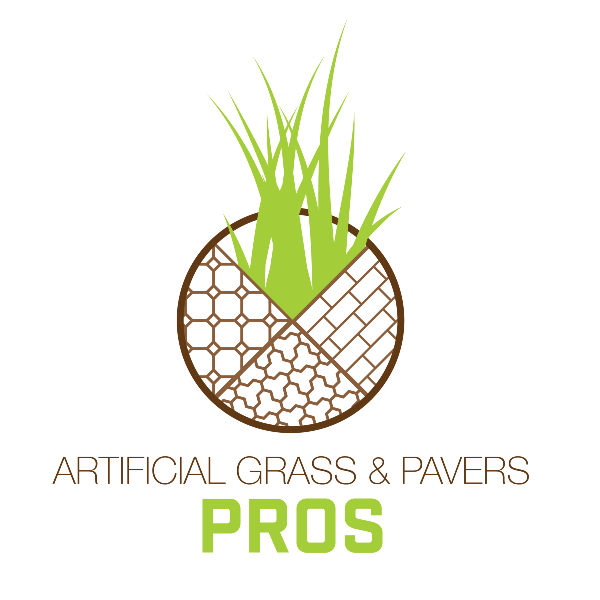Artificial grass, also known as synthetic turf or faux grass, is reshaping landscaping practices with its myriad benefits. Beyond its visual appeal and minimal upkeep, artificial grass presents a range of environmental advantages that render it a sustainable choice for homeowners, businesses, and communities alike. Let’s delve into the eco-friendly perks of installing artificial grass and its contributions to a more sustainable planet.
1. Water Conservation:
One of the foremost environmental benefits of artificial grass lies in its remarkable water-saving capabilities. Unlike natural grass lawns, which demand regular watering for sustenance, artificial grass obviates the need for irrigation, leading to significant reductions in water usage. Particularly in regions grappling with water scarcity or drought conditions, artificial grass emerges as a sustainable landscaping solution that helps safeguard precious water resources.
2. Decrease in Chemical Usage:
Synthetic turf eliminates the necessity for chemical pesticides, fertilizers, or herbicides to maintain its lush appearance. By eschewing these chemicals, artificial grass minimizes environmental pollution and mitigates associated health risks, fostering a safer and more sustainable outdoor environment for families, pets, and wildlife. Opting for artificial grass empowers homeowners to cultivate a healthier outdoor space free from harmful chemical exposure.
3. Reduced Carbon Footprint:
Compared to natural grass, artificial grass entails minimal maintenance, resulting in lower carbon emissions and energy consumption. Traditional lawn care practices, such as mowing and leaf blowing, contribute to air pollution and greenhouse gas emissions. With artificial grass, homeowners can shrink their carbon footprint and contribute to a cleaner, healthier environment.
4. Conservation of Natural Resources:
Artificial grass diminishes the demand for water, fertilizers, and pesticides, thereby preserving natural resources such as water, soil, and energy. Traditional lawn care methods often entail substantial water usage and chemical inputs, precipitating soil erosion, water pollution, and habitat destruction. Artificial grass offers a sustainable alternative that mitigates adverse impacts on natural ecosystems.
5. Long-Term Sustainability:
Designed for longevity, artificial grass boasts durability and sustainability with proper maintenance. Unlike natural grass, which may necessitate frequent replanting and overseeding to uphold its appearance, artificial grass maintains its verdant hue and texture year-round, minimizing the need for replacement and waste generation.
In conclusion, opting for artificial grass furnishes a plethora of environmental benefits, advancing the cause of a greener, more sustainable planet. From water conservation and reduced chemical usage to diminished carbon emissions and preservation of natural resources, artificial grass assumes a pivotal role in environmental conservation and climate change mitigation. By embracing artificial grass, homeowners, businesses, and communities can cultivate picturesque outdoor spaces that not only elevate property aesthetics but also contribute to the preservation of our natural environment for future generations to relish.
Artificial Grass & Paver Pros
(727) 513-4240

